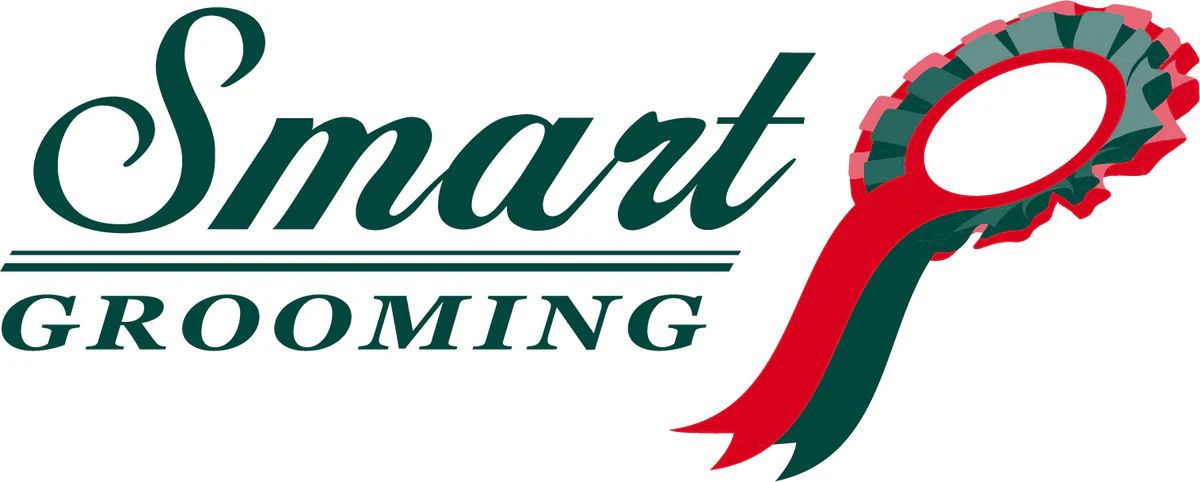The Importance of First Aid Skills
12th August 2024

We all know horses and injuries go together, even if you aren't riding, the risk of being injured on the yard is something we should all be aware of, but would you know what to do if someone was injured on your yard?
We asked EEA sponsor, Medi-K Training to tell us some of the reasons why first aid training is so important.
"First aid is not just about doing CPR and putting on a plaster. Neither is it just about injuries that need hospital care. Although all of these are crucial skills, I bet most of the injuries you’ve dealt with have been bruises, cuts and sprains.
Knowing what to do for everyday injuries, as well as the emergencies, gives you confidence to deal with them.
5 reasons why you and anyone who you employ, should be trained in first aid
 |
Confidence and competence. When something happens to a member of staff or a client, do you know what to do? Can you check their response level, their airway and monitor their breathing then assess and deal with any injuries? Do you know how to monitor a casualty whilst you’re waiting for an ambulance? Training gives you these practical skills but also boosts your confidence in dealing with them effectively removing some of the stress from the situation. |
 |
Remote locations. Do you know how to call Emergency Services in remote locations or areas with little or no signal? Exactly where are you? – in a field, country lane or road, stables. Some first aid protocols change if you’re remote and may be waiting some time for help to get to you. Lone working also brings in other issues if it is yourself that is injured. |
 |
Self care. Understanding your own injuries and looking after yourself after a bite, kick, fall, rope burn or sprain. Time is not always a healer and knowing how to, firstly, asses and deal with an injury but also knowing how to monitor signs of worsening or deterioration. First aid knowledge and skills may reduce the amount of time that is needed off work – and save a lot of pain! |
 |
Serious injuries, helmets and kit. Injuries to the head, back and legs are common in equestrian settings and injuries can be life changing. Knowing what to do and what NOT to do is crucial. Helmets, body protectors and air vests can all hinder your first aid assessment. But how, and when should you remove them? |
 |
It’s the law. It’s a legal obligation in a workplace to have appropriately trained first aiders as well as an appropriate first aid kit. You may also have Duty of Care obligations for clients, visitors and children. Your training should reflect this. There is also the accident reporting procedures both internally and with the HSE if required. This should all be addressed within a First Aid Needs Assessment by your organisation. |
We run equestrian specific first aid courses covering all the topics above, both public and private courses throughout the UK. Our trainers are horse riders, trainers and owners themselves.
Read more of our equestrian specific blogs on our website too!"
Whether you are new to first aid or looking to brush up on your knowledge, or ensure your employees have these essential skills, first aid training is essential for everyone.
Medi-K run Equestrian specific first aid courses throughout the UK, including privately organised workshops, the team are horse riders and owners themselves enabling them to provide equine specific, practical guidance.
Are you an EEA member?
The Equestrian Employers Association has been created to help employers of all sizes of business to be compliant, thereby helping you to protect your business. Your team are key to the performance and development of your business which is why looking after them is so important.




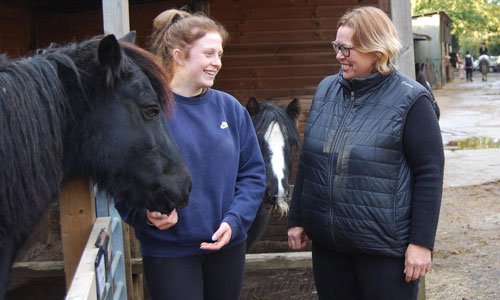



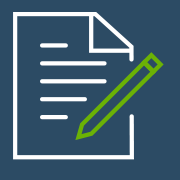












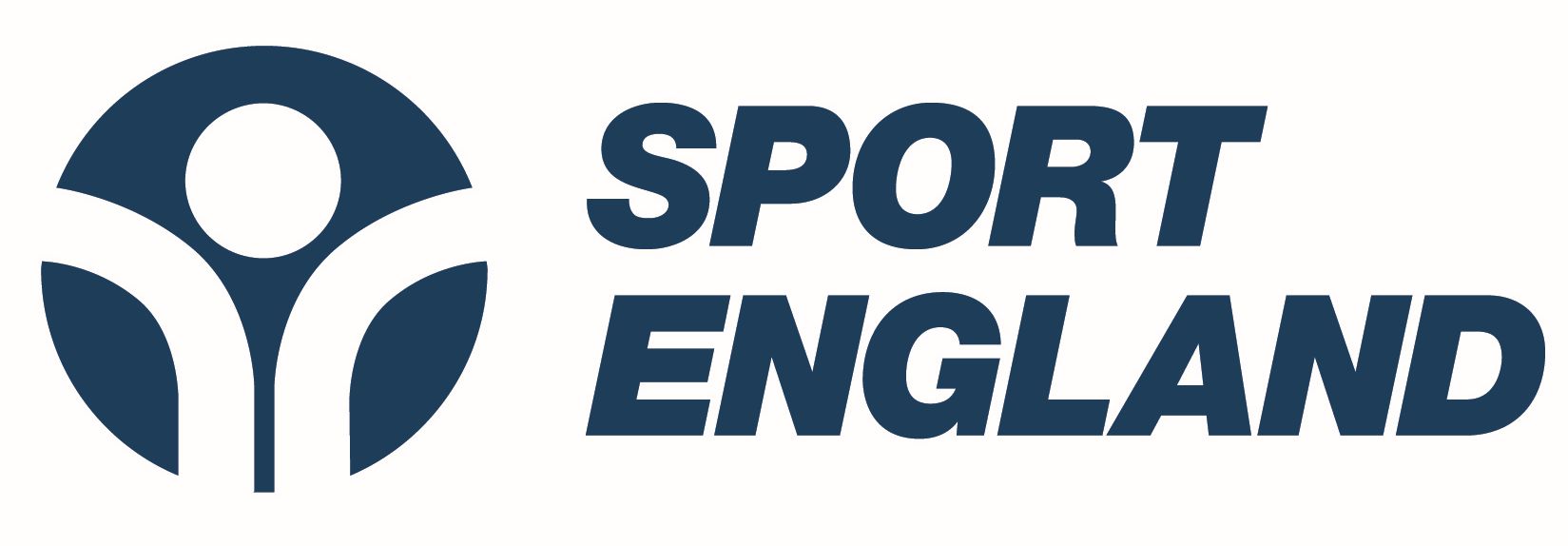
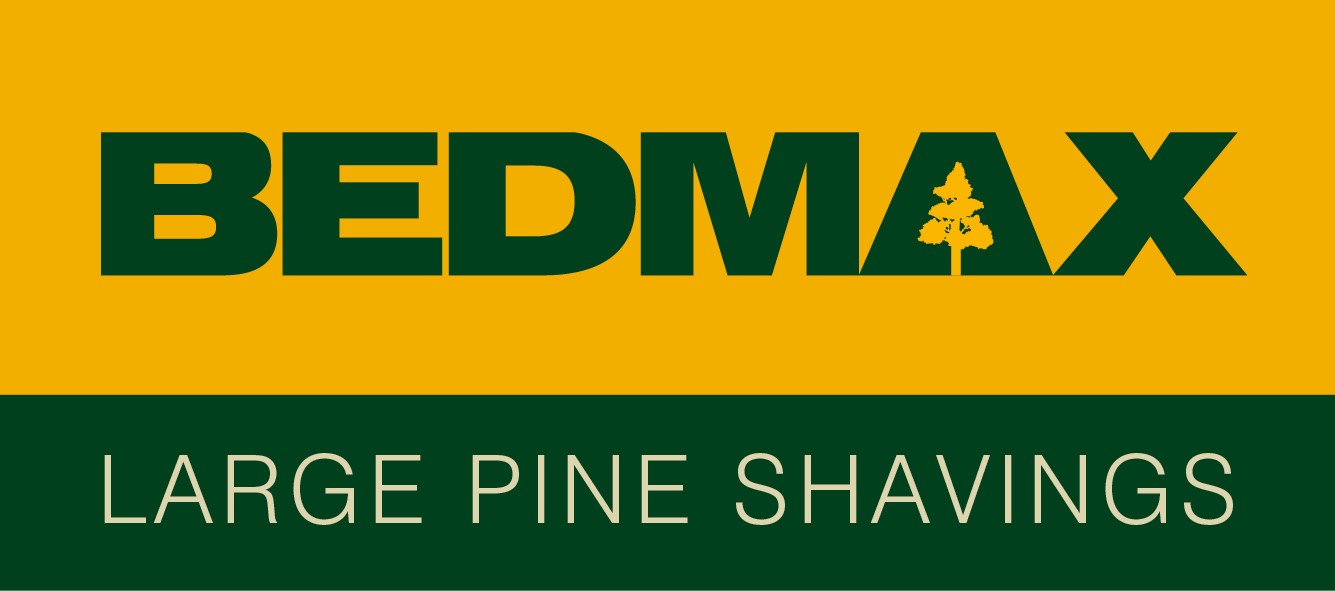
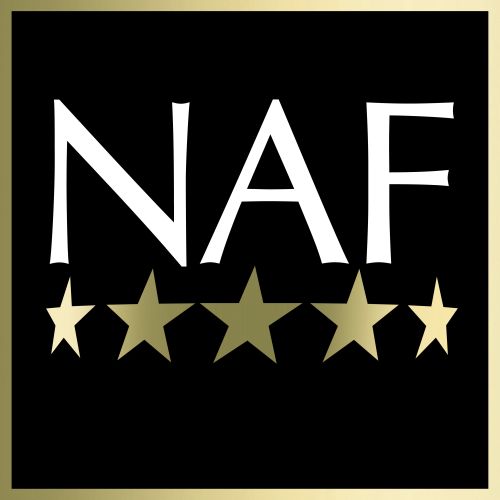


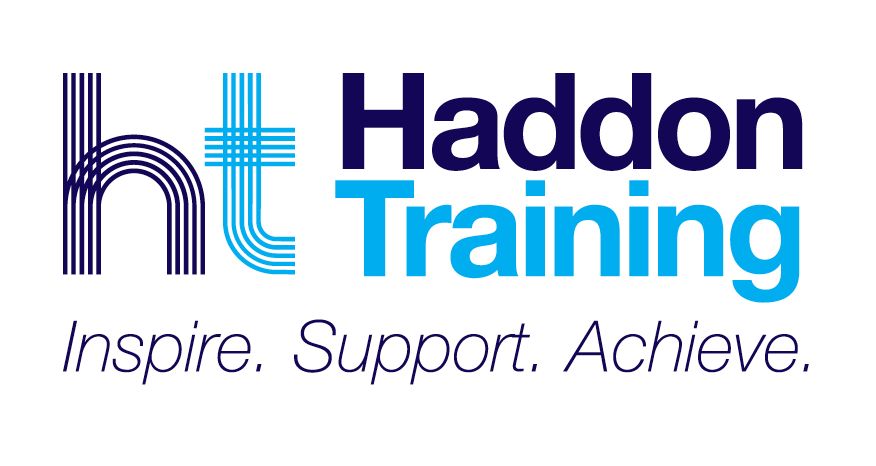
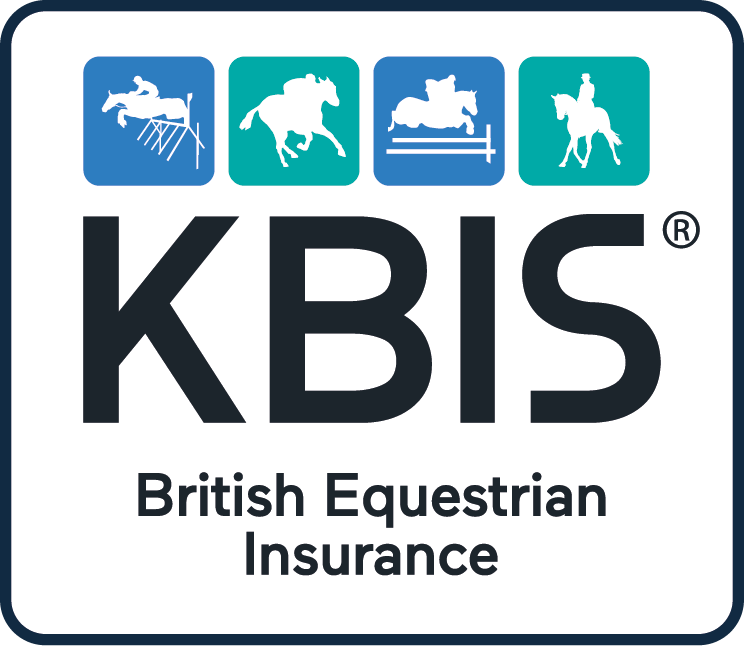
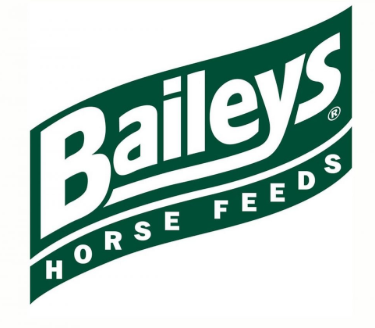
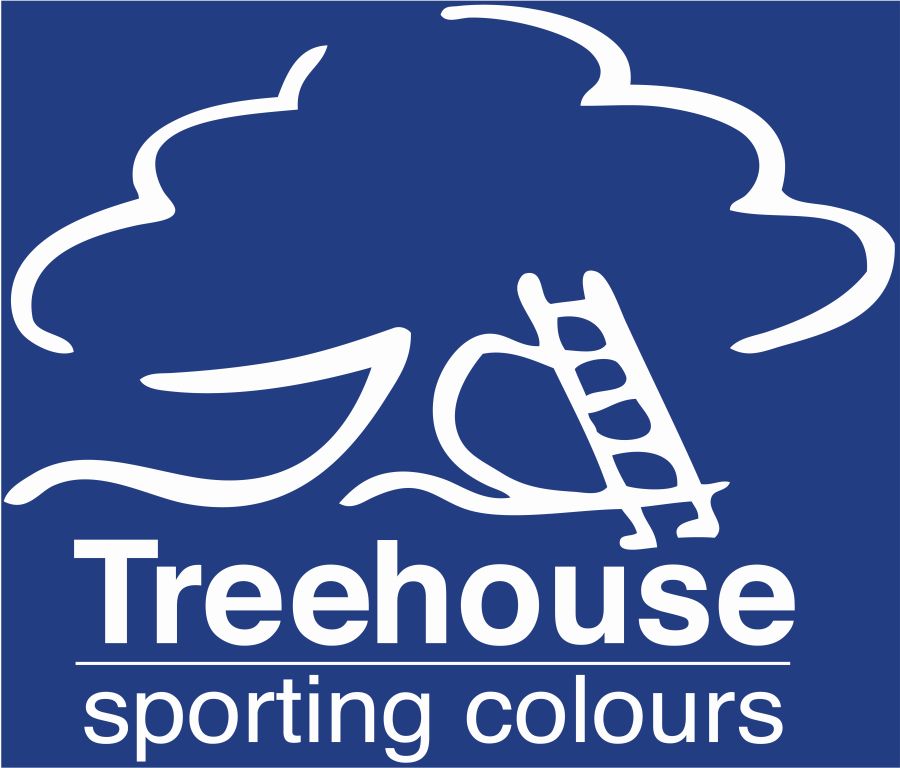

-Small.jpg)

